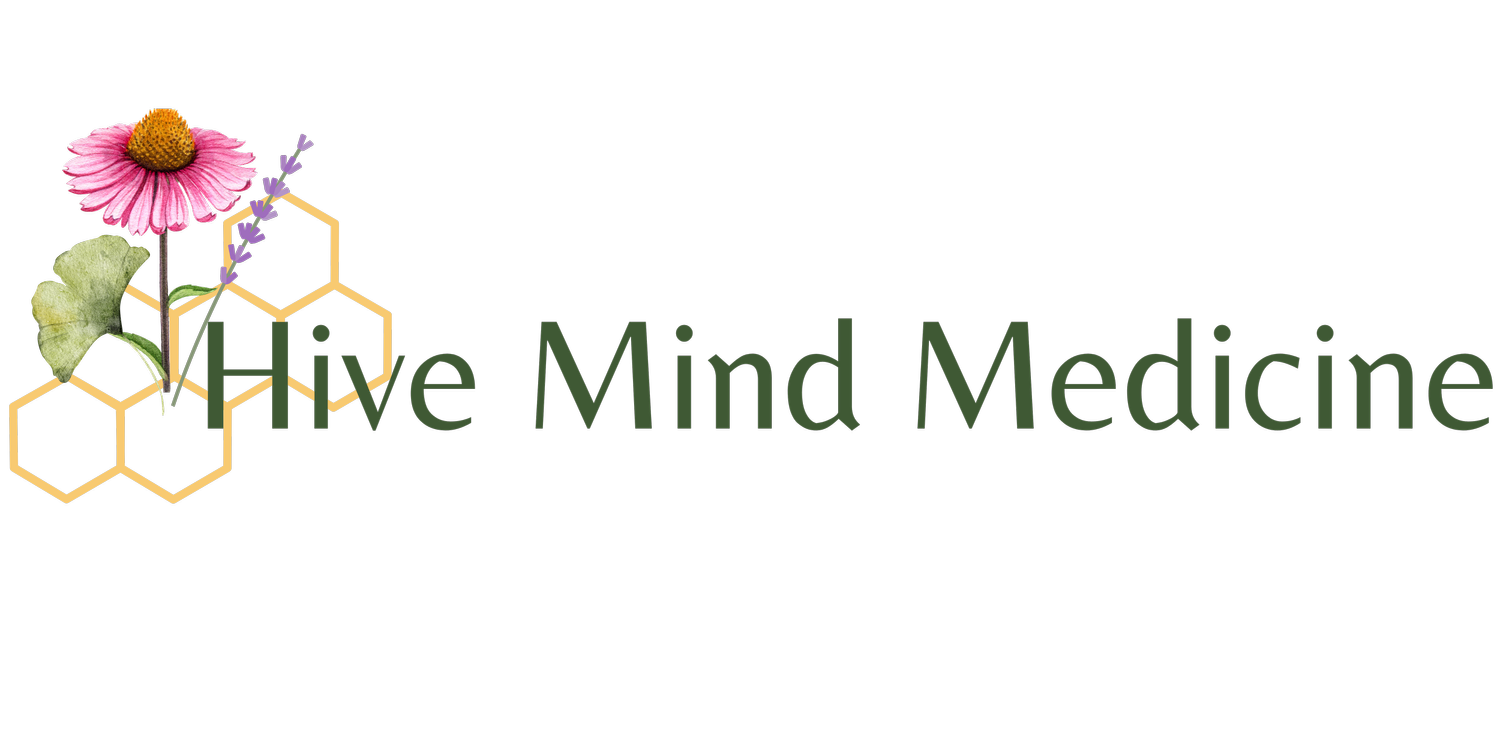Stress Management in Action
KAYLE SANDBERG-LEWIS BCN-FELLOW, M.A., LMT
When new health issues arise, consult your doctor and ascertain whether there is an organic cause that can be remedied. For example, headaches may be caused by a mis-aligned spine; digestive problems may be caused by an overgrowth of bacteria, and fatigue may be due to obstructive sleep apnea. Mental/emotional issues may be caused by food sensitivities or exposure to mold.
There are times, however, when there is no misalignment, allergen or disease process causing symptoms. Instead, they are caused by an overly activated autonomic nervous system and they are considered stress-related disorders. Although drugs may be prescribed, these disorders can be addressed by learning to regulate your stress response.
Well before I added neurofeedback to my practice, I was helping people overcome stress-related disorders through cultivated low arousal, also referred to as stress management. I prefer to think of myself as a coach rather than a therapist - helping people acquire skills that can address maladaptive behaviors.
What follows are some conditions stress management may help address and examples of disorders my clients have successfully overcome.
Digestive disorders
Reduction or elimination of
Aerophagia (swallowing air)
Globus (sensation of a “ball” in the throat)
Constipation
Rumination syndrome
Hypertension
Reduction or elimination of medications
Improved quality of relationships
Chronic pain including migraines
Reduction or elimination of
Neck & shoulder pain
Fibromyalgia symptoms
Migraines
Abdominal migraine incidence
Reduction or elimination of medications
Improved quality of life
While some people have not entirely eliminated migraines, they have reported fewer in frequency and less intensity.
Disordered sleep
Reduction or elimination of medications
Improved sleep onset
Improved sleep maintenance
Overall improved sleep quality
Focus and certain learning issues
Reduction or elimination of medications
Reduced distractibility
Improved grades
Improved retention of information
Type II diabetes.
Reduction or elimination of medications
Raynaud’s syndrome or simply cold hands and or feet
Improved quality of life
Fewer complaints from sleeping partners
Fears, anxieties & depression
Reduction or elimination of medications
Reduction of
Fear of public speaking
Test anxiety
Agoraphobia
Fear of flying
Improved quality of life
Greater emotional stability
I repeat: It is important to make sure the issues to be addressed are not caused by a disease process prior to launching a stress management program.
Kayle Sandberg-Lewis holds a M.A. in Behavioral Medicine, the study of how what we do affects our well-being. She has over three decades experience in stress management and is board certified in neurofeedback, which she introduced to her practice in 1996. Kayle co-founded Hive Mind Medicine in 2019, where she currently offers neurofeedback to her clients. Telehealth consults are available.
Hive Mind Medicine blog posts are for educational purposes only and are not intended as medical advice. Please consult with your health care practitioner for personalized guidance. Click on the “Learn More” button below if you would like to schedule with one of our Hive Mind practitioners.

